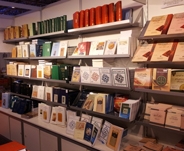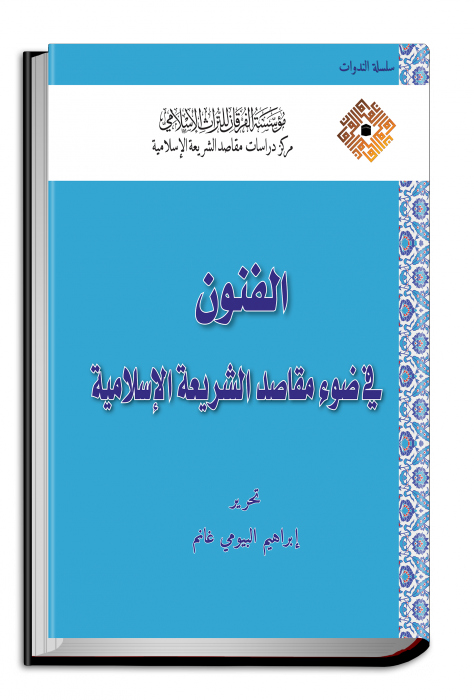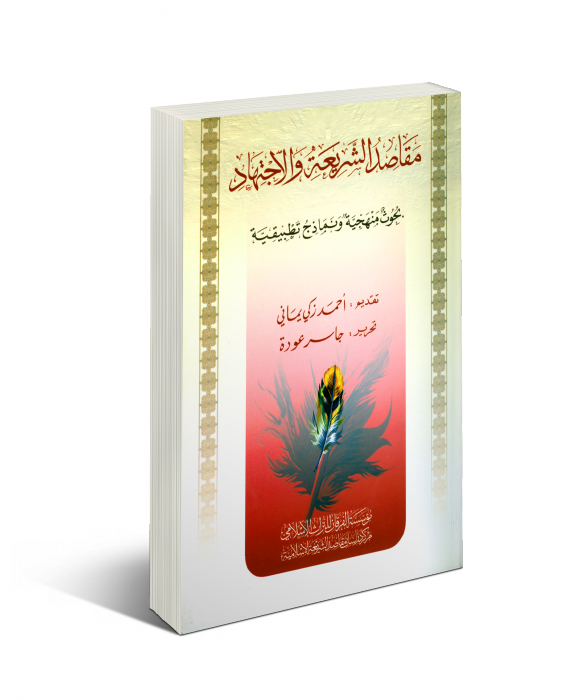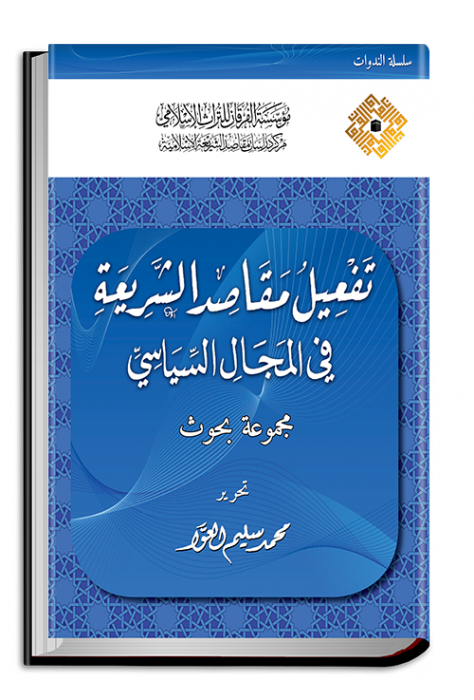This book comprises the proceedings of the Symposium, titled “The arts in light of the objectives of Islamic law”, organised by the Centre for the Study of the Philosophy of Islamic Law at Al-Furqān Islamic Heritage Foundation, on Saturday, 5th and Sunday, 6th November 2016, in Istanbul, Turkey. The importance of this publication lies in the due consideration granted to the arts issue from a maqāṣid-based perspective, and the formulation of a foundational maqāṣid-based view of the arts. It also responds to the central question: how can the arts contribute to serving the objectives (maqāṣid) of Islamic law? As such, it presents novel, practical suggestions, ideas, and solutions to promote the resurgence of this important and critical domain that was without its fair share of due attention. In addition, it brings the Islamic perspective into this context, and restores the arts to the functional domain. As such, the arts can then be utilised, due to their huge influence in current times, and their vital role in guiding nations. In this book, the reader will find important contributions on the matter of the arts from the theoretical point of view. Indeed, it addresses the relationship to the objectives (maqāṣid) and characterisation (al-takyīf) of the arts in Islamic law. Moreover, bringing the issue of the arts to prominence in the maqāṣid-based consideration, specifically in relation to definition, reference to principal sources (al-ta’ṣīl), and application (al-tawẓīf). In addition, it explores philosophical and social perspectives on aesthetics and art. A number of papers adopted a practical, applied approach, referencing contemporary experiments in Islamic arts practice. These included the late Ismā'īl Rājī al-Fārūqī’s, and also Shaykh Yūsuf al-Qaraḍāwī’s experiences. Other papers explored modern art and its relationship to Islam, as well as offering perspectives on architecture and Arabic calligraphic arts.
 Shared Knowledge
Shared Knowledge


 Purposes and Reasoning in the Islamic Law: Theory and Applications
Purposes and Reasoning in the Islamic Law: Theory and Applications Studies in the Philosophy of Islamic Law: Theory and Applications (Research articles)
Studies in the Philosophy of Islamic Law: Theory and Applications (Research articles) The Activation of Sharīʿah Objectives in the Political Sphere (Research articles)
The Activation of Sharīʿah Objectives in the Political Sphere (Research articles)